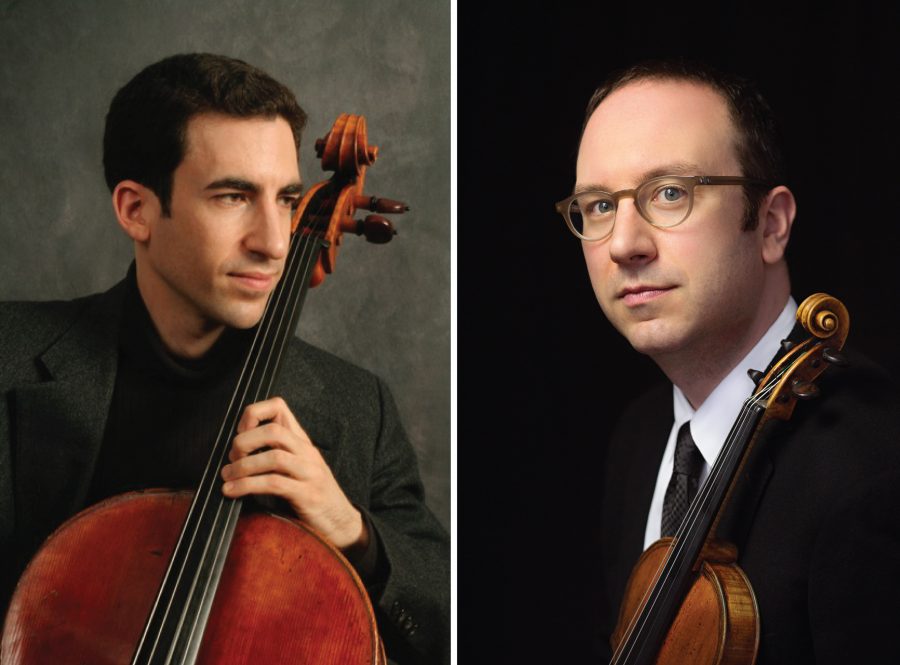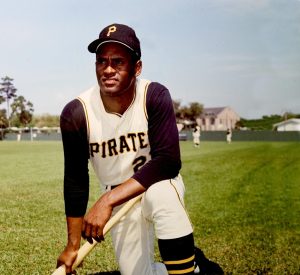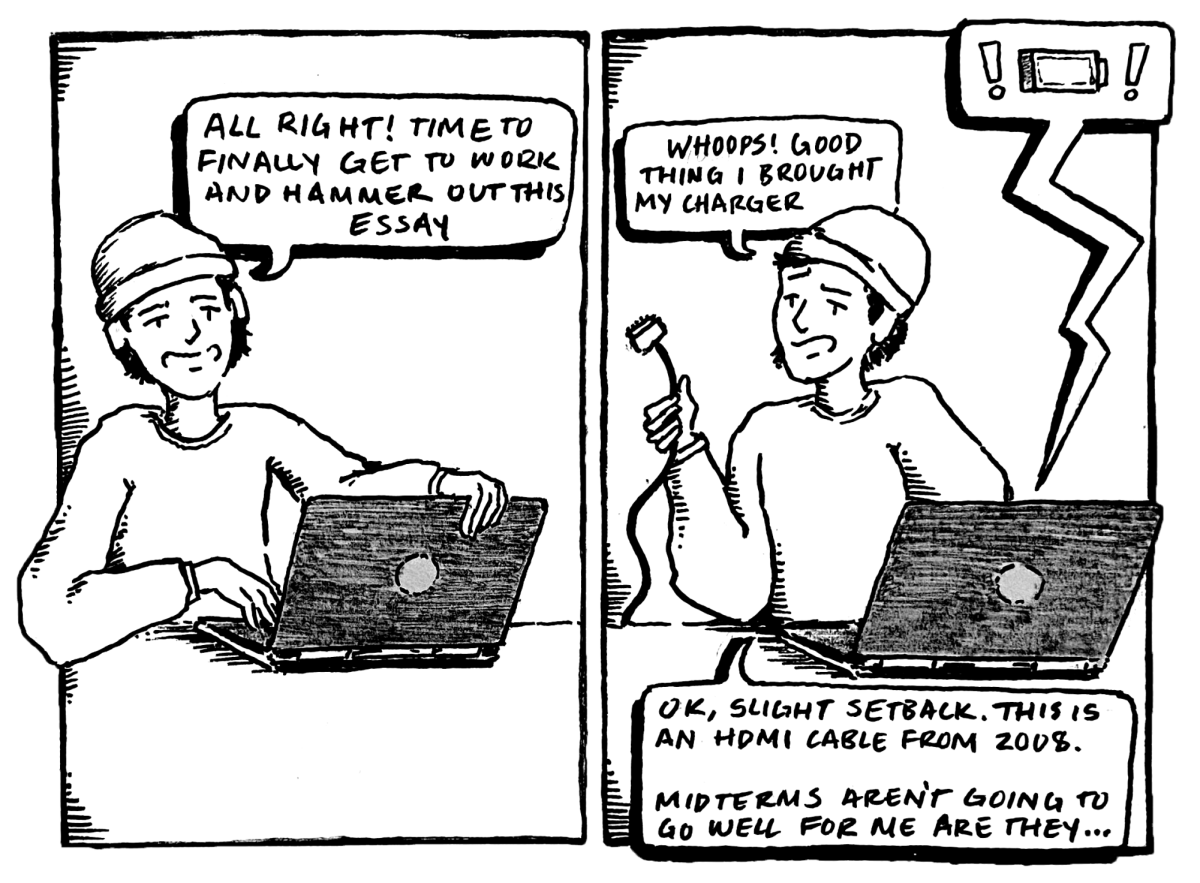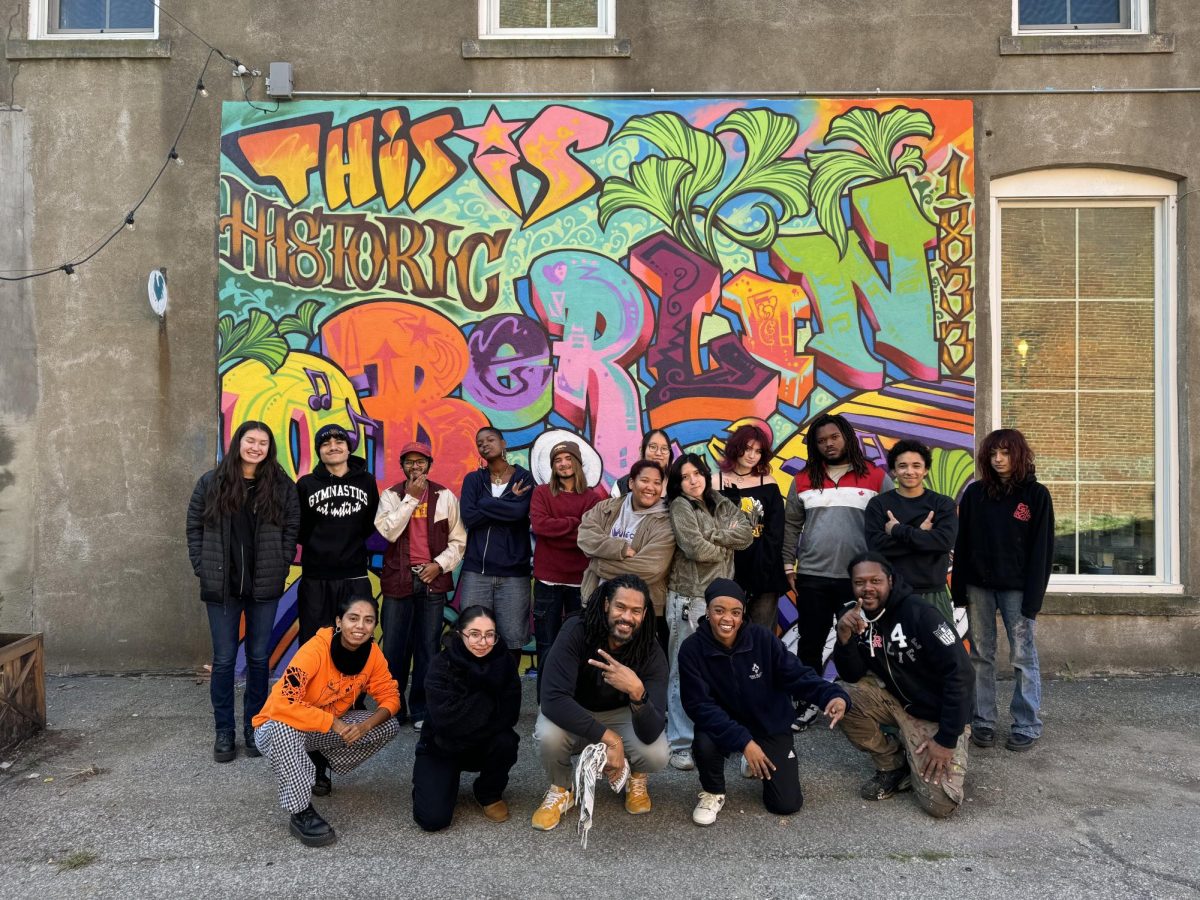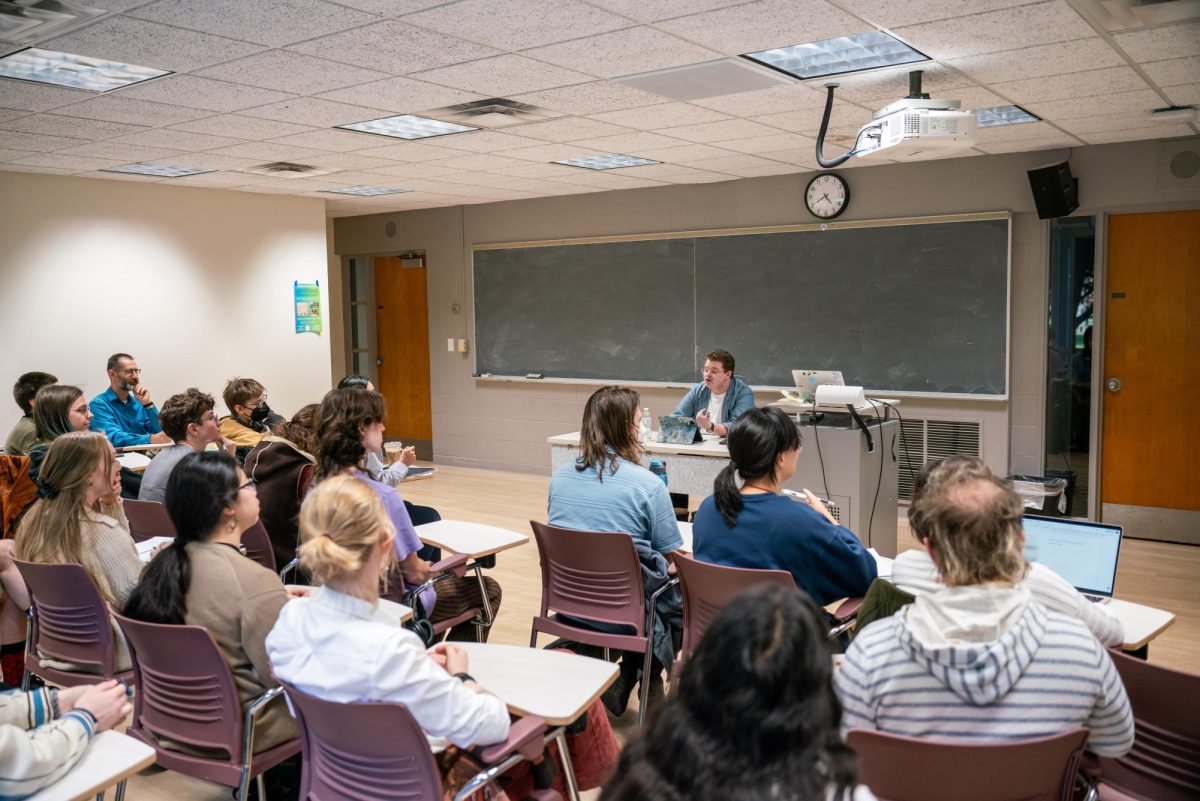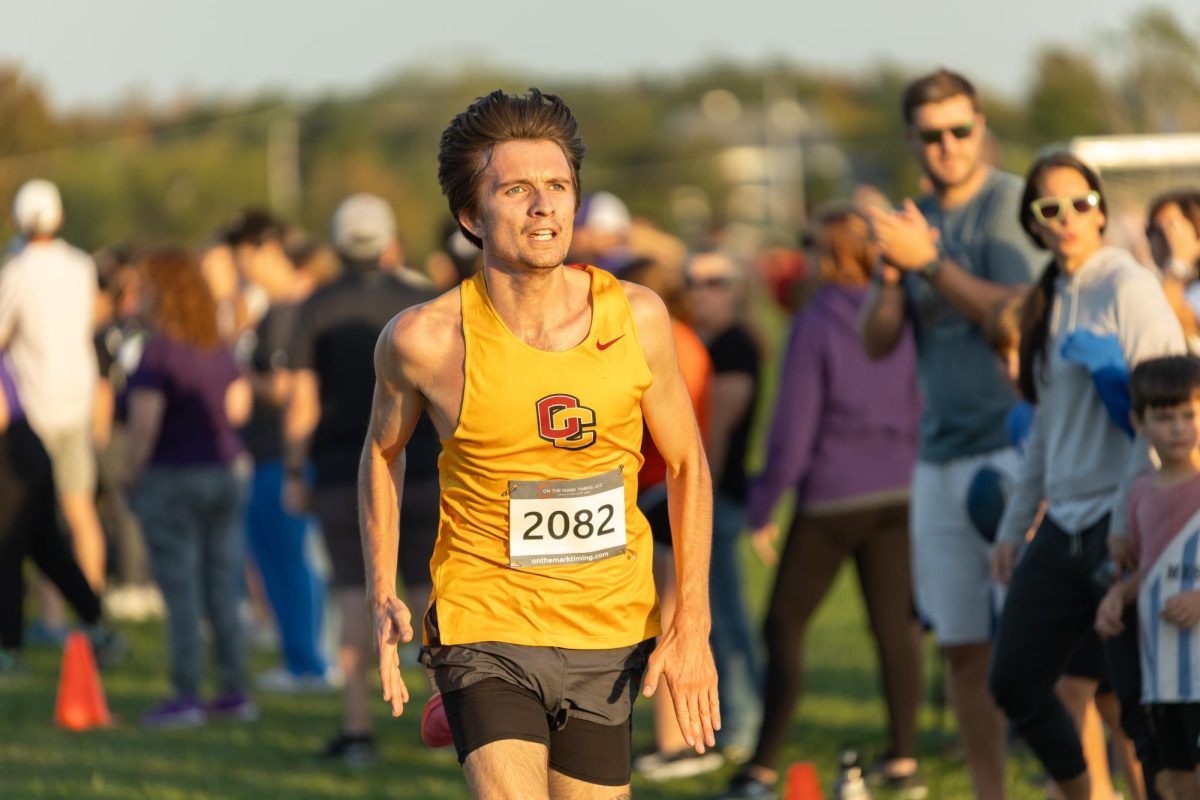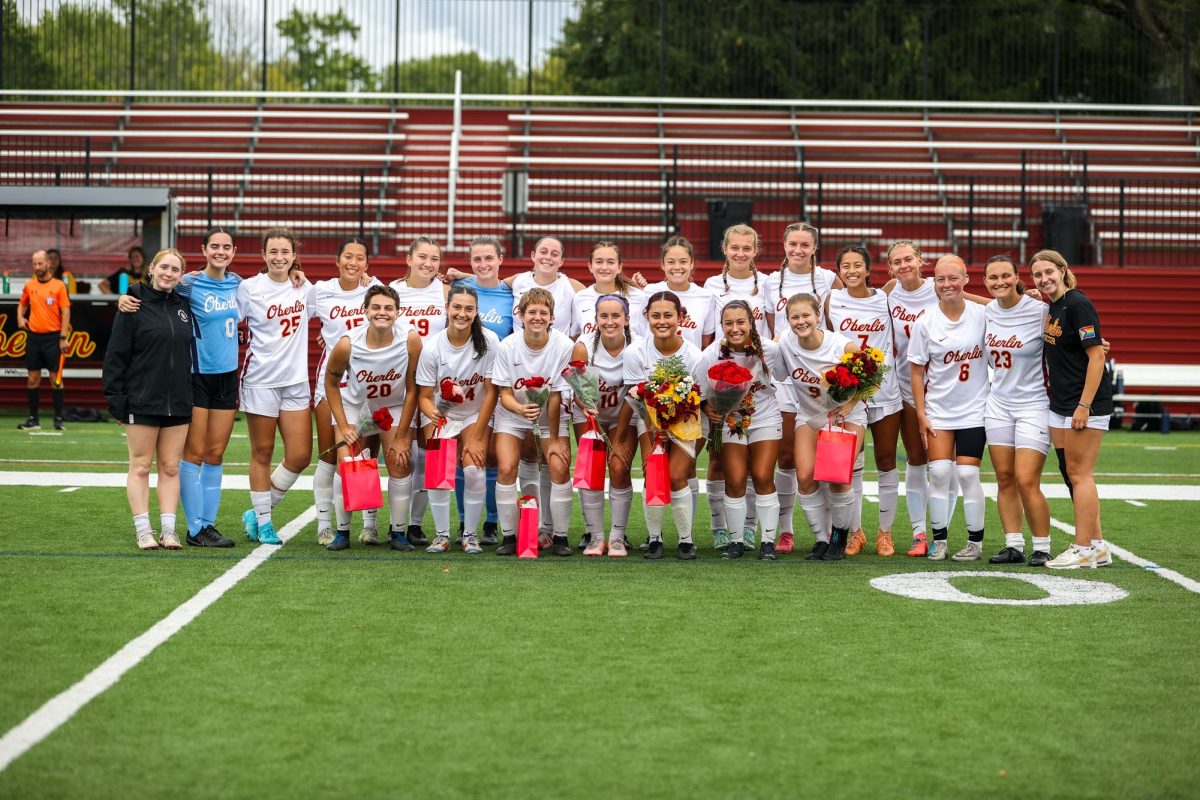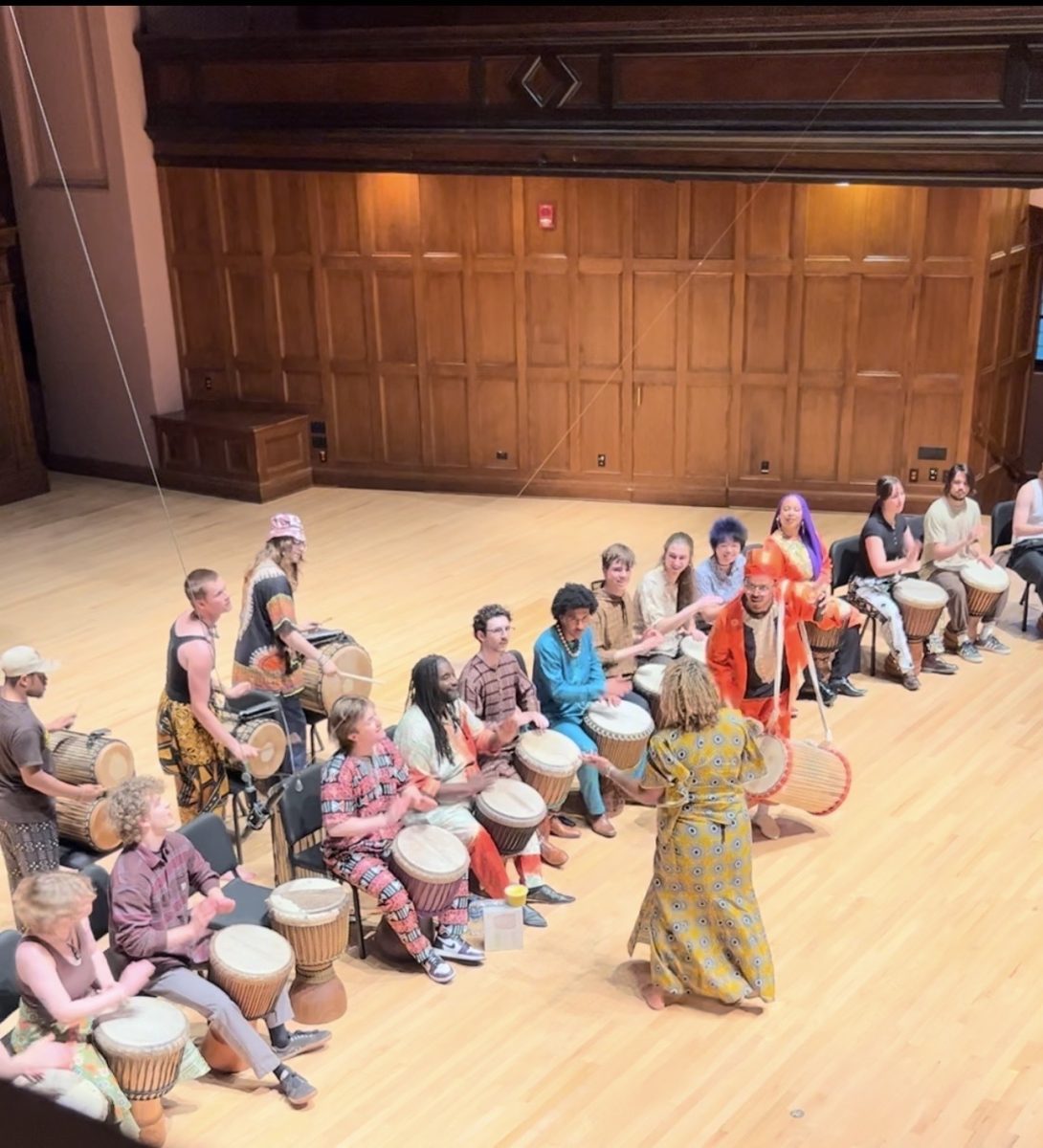Professor Duo Bows Brahms, Shares Bows
Photos Courtesy of Amir Eldan and David Bowlin
Conservatory professors Amir Eldan (left), cellist, and David Bowlin, OC ’00, violinist, join director Rafael Jiménez and the Oberlin Orchestra for its first winter concert. They will both perform solos in Johannes Brahms’ Concerto for Violin and Cello.
December 9, 2016
The Oberlin Orchestra will take the stage in Finney Chapel to perform its final concert of the semester tonight at 8 p.m. With a program featuring selections from Sergei Prokofiev’s ballet Romeo and Juliet, as well as Johannes Brahms’ Double Concerto for Violin and Cello, which features Conservatory professors David Bowlin, OC ’00, and Amir Eldan, the concert is sure to impress.
For director Rafael Jiménez, Prokofiev’s masterful suite from Romeo and Juliet holds significance beyond its exquisite composition. The second work on the program, it is a core part of a professional orchestral repertoire, appearing on countless auditions. Jiménez said it is crucial that Conservatory students be exposed to the suite while still in school.
The piece was originally written for the ballet in 1935, and Prokofiev later distilled the music into three Suites for Orchestra. The selections performed tonight come from all three Suites, and, according to Jiménez, comprise “probably the most beautiful music to conduct in the pit for a ballet production.”
The piece will follow the Brahms, wrapping up an emotional evening.
Brahms wrote his Double Concerto in 1887, and it was one of the only works ever written for this specific instrumentation: violin and cello soloists with a full orchestra. Brahms dedicated the work to his friend and violinist Joseph Joachim, to all appearances as a backhanded olive branch. Joachim, one of the world’s greatest violinists, and Brahms were inseparable friends until Joachim divorced his wife, singer Amalie Schneeweiss. Brahms took Schneeweiss’ side, and the pair did not speak again until Brahms asked Joachim to premier his Double Concerto.
Eldan had doubts about the sincerity of the gesture, given the fact that the cello part is significantly harder and more virtuosic than the part Brahms wrote for his friend.
“I am wondering why the cello part is so much better than the violin part! What kind of gift is that? I would take it back,” said Eldan, who plays the cello. “I mean, it’s an incredible piece, but the cello begins the first movement, the cello begins the second theme, the cello begins the last movement. So you’ve got to wonder. … Obviously there was still a little bit of hard feelings.”
Bowlin and Eldan share a close personal friendship, which they said is crucial to their collaborations. The pair quipped that their rehearsals are “60 percent joking around, 20 percent socializing, five percent intonation work and rehearsal for the rest,” teasing each other throughout their joint interview with a familiarity that bodes well for their performance of Brahms’ Double Concerto tonight.
They’ve been performing together since 2007 as members of the Oberlin Trio, and both have prolific solo careers in addition to their teaching responsibilities. Bowlin, a graduate of Oberlin, went on to study at Juilliard School of Music and has since performed recitals and concertos across the United States. He is a founding member of the International Contemporary Ensemble, which tours worldwide and influences his playing.
“I divide my performing time between new music and old music,” Bowlin said. “For me, I have to have both in order to feel that I have some balance between memory and newness.”
A graduate of the Cleveland Institute of Music and Juilliard, Eldan was the youngest member of the Metropolitan Opera Orchestra at the age of 22, and has since performed around the world. He performed with the Met Chamber Ensemble at Carnegie Hall, and was invited to serve as principal cellist of the Israel Philharmonic Orchestra in 2011–12.
Both soloists clearly love the piece in spite of the challenges associated with such a dramatic shift away from their usual piano trio repertoire.
“The orchestra part is not secondary to the soloists,” Bowlin said. “The soloists sort of interweave with the orchestra, but the orchestra gets to play the theme and it’s really symphonic.”
Compared with a chamber group, however, an orchestra represents a huge and unwieldy apparatus, incorporating a huge number of moving parts and musical perspectives.
“It’s a beast,” Eldan said of the piece.
“Playing with orchestra requires more planning in order for you to have a cultivated performance,” Bowlin said. “You have to talk about where you want to take time and so forth. In chamber music … you can change things more easily at the last second, because if someone has an idea, and they do something differently, the others can respond.” That’s not the case with a hundred-person orchestra.
“You have to plan the surprises,” Eldan added.
The additional complexity of having two soloists is not lost on orchestra or conductor.
“You’re adding another artist making decisions, so the level of complexity rises a little bit, but I would say the level of fun rises a little bit, too,” Jiménez said. “It just makes it more interesting and more challenging.”
Well worth its challenges, tonight’s program will be highly dramatic.
“We’re dealing with beautiful, wonderful music,” Jiménez said. “Brahms has the ability of creating this unique sonority of an extended string instrument. … [He] does a great job in creating another instrument out of [the violin and cello].”
With its grand, late-Brahmsian sound, the concerto poses a challenge to the orchestra, soloists and audience alike and is sure to evoke a myriad of reactions.
All this will be followed by Romeo and Juliet. “What else can be said about one of the most wonderful stories ever written? It’s another opportunity to prove how much we enjoy being sad, … to experience the power of music and how much we enjoy these deep emotions, even though these are not the emotions we like to feel in real life,” Jiménez said. “We’re going to leave the audience with, as Victor Hugo said, ‘the pleasure of being sad.’”


